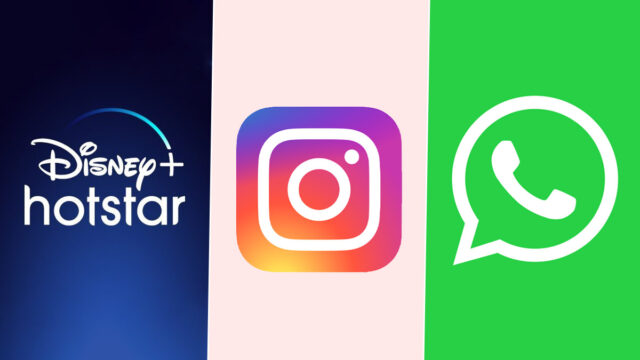In the world of mobile applications, reliance on the Google Play Store has been significant. However, various alternatives to the Google Play Store have been established, providing users with different features and options. The purpose of this log is to explore the top 10 alternatives to the Google Play Store, with an emphasis on the advantages each platform offers.
1. Amazon Appstore
Amazon Appstore has been recognized as a prominent alternative to the Google Play Store. It is pre-installed on Amazon devices such as the Kindle Fire. A wide variety of apps, including exclusive ones, are provided by the platform. Additionally, the “Free App of the Day” feature has been used to offer paid apps for free, making it an attractive option for users.
2. APKMirror
APKMirror is widely known for offering APK files for Android apps. This platform has been favored by users who wish to download older versions of apps or apps not available in their region. APKMirror is not an app store but a repository, and the APKs provided are thoroughly checked for authenticity, ensuring user safety.
3. Aptoide
Aptoide is an independent app store that allows users to create and manage their own stores within the platform. The open-source nature of Aptoide has attracted users interested in a more customizable experience. The presence of apps not available on the Google Play Store has made Aptoide a popular choice, particularly in regions where Google services are restricted.
4. Samsung Galaxy Store
For Samsung device users, the Samsung Galaxy Store serves as a significant alternative. The app store is pre-installed on Samsung devices and has been designed to offer apps that are optimized for Samsung hardware. Exclusive apps and themes have been made available, providing a tailored experience for Samsung users.
5. F-Droid
F-Droid is a platform that has focused on offering free and open-source software (FOSS). Users who value privacy and open-source software have been drawn to F-Droid. The platform is entirely volunteer-run, and all apps are free from ads and tracking, making it a unique option among app stores.
6. GetJar
GetJar, one of the oldest app stores, continues to be a viable alternative. It offers a broad selection of apps across various categories. Developers can use the platform to distribute their apps and reach a global audience. The simplicity of the platform and the availability of apps for different operating systems have been appreciated by users.
7. SlideME
SlideME has been an alternative app store focused on offering apps for users in regions with limited access to Google Play. Developers can reach niche markets through SlideME, and users can discover apps that are not featured on larger platforms. The platform is particularly known for its focus on independent and small-scale developers.
8. Huawei AppGallery
Huawei AppGallery is the default app store on Huawei devices, especially after the ban on Google services. The platform has been expanding rapidly, with a growing number of apps and developers joining. Regional apps and exclusive deals are offered, making it a strong contender as an alternative to the Google Play Store.
9. Uptodown
Uptodown is a platform that offers APK downloads for Android apps. It is known for providing a wide range of apps, including older versions that are no longer available on other platforms. The ease of use and availability of apps not found on the Google Play Store have made Uptodown a preferred choice for many users.
10. Yalp Store
Yalp Store is a unique alternative that allows users to download apps from the Google Play Store without a Google account. The platform has been appreciated for its privacy-focused approach. Yalp Store uses a different method to access the Play Store, offering users the ability to install apps directly from Google’s servers.
Conclusion
Exploration of the top 10 alternatives to the Google Play Store has revealed a diverse range of options. Each platform has been designed to cater to different user needs, whether it’s the availability of exclusive apps, privacy concerns, or regional restrictions. The importance of having multiple options cannot be overstated, as it provides users with the flexibility to choose a platform that aligns with their preferences.










